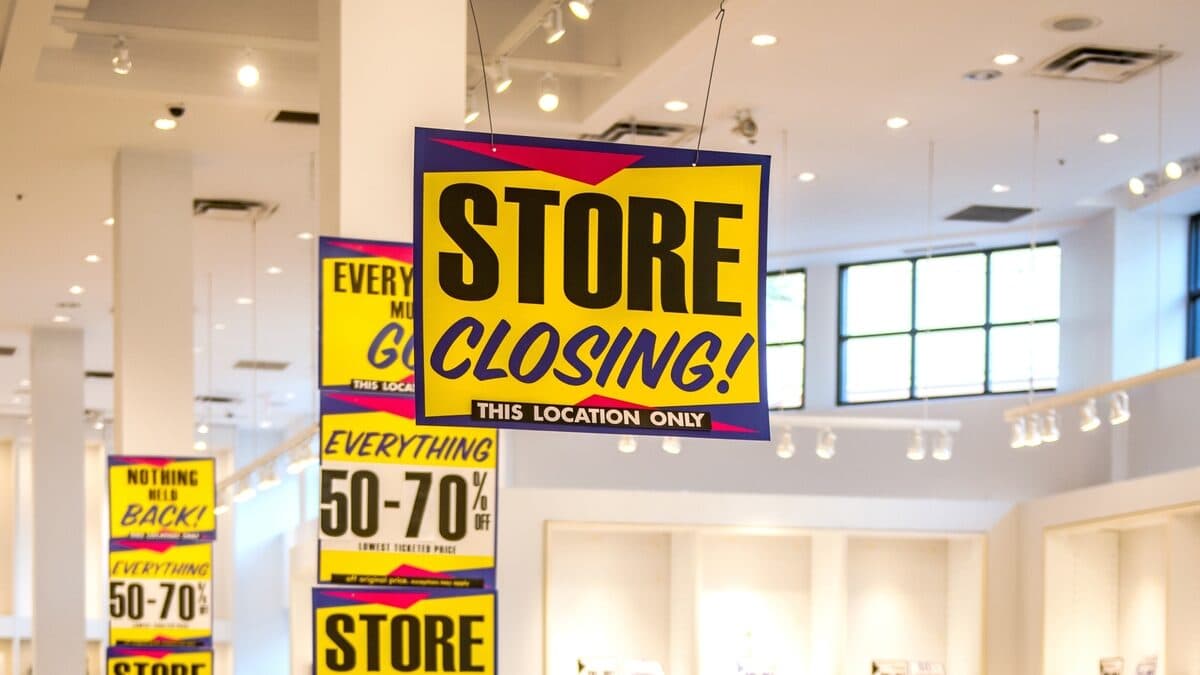The Australian Bureau of Statistics (ABS) report revealed that Australia’s retail sales increased in May but at a slower pace than in April due to COVID-19 led restrictions and lower demand.
As per the ABS’ latest retail trade numbers, overall retail turnover increased 0.4% from a month earlier in May 2021, following a 1.1% increase in April. The latest report is an update to the preliminary findings from May.
“There were mixed results across the industries and states and territories, with COVID-19 restrictions in Victoria impacting the May result,” Ben James, Director of Quarterly Economy Wide Surveys, said.
“Retail turnover in May was impacted by the Victorian lockdown from May 28 onwards, as well as those states recovering from restrictions in April.”
Victoria’s sales fell 0.9% in May with declines across all industries except food retailing, where spending increased amid a surge in online ordering after it entered its fourth lockdown since March 2020. This updates the May preliminary result of a 1.5% decline.
By industry, household goods retailing decreased 1.1% in May, or $59.8 million, while apparel, footwear, and personal accessory retailing witnessed the biggest variation between the preliminary result of 1.5% decline versus final release of 0.0%.
Food retailing continued to dominate the industry in May, rising 1.1%, partially offset by drops in domestic goods retailing and department shops, which declined 1.1% and 0.7%, respectively.
Four of Victoria’s six industries showed declines, with increases in food and other retailing softening the overall state decline. Following April’s restrictions, five of the six industries in Queensland and Western Australia witnessed increases in overall sales.
Dominique Lamb, Chief Executive of the National Retail Association, a not-for-profit organisation representing more than 30,000 stores across Australia, said the figures were good, still the recent spate of lockdowns showed retail continues to face a volatile period.
“The May results are very good for retail, with a strong increase on the April results, which is also promising when you consider the month is generally a quiet one for the sector,” she said.
“It shows that when the economy is relatively open, that business is going well, but as the recent spate of state lockdowns has shown, there remains an uncertainty.
“Retailers understand the need to keep the public safe, but even short lockdowns can have a massive effect on the economy. While the May ABS figures are very good, we’re likely to see less promising results in June and July.”
Ms Lamb said that retailers were pleased to see the National Cabinet last week announced a strategy to transition out of the pandemic, including an end to lockdowns.
“Retailers were pleased to see National Cabinet turn its attention to transitioning out of the pandemic and bringing an end to costly lockdowns,”
“While a vaccination threshold that would see lockdowns become a thing of the past is yet to be announced, we do hope the details will be released shortly. A silver lining in the recent round of lockdowns has been a sense of urgency amongst all Australians to get the jab.
“Businesses of all shapes and sizes require certainty more than anything else. The sooner we get to a more predictable business environment, the better placed the country will be to safeguard jobs.”
Australia’s Retail Trade data includes monthly and quarterly estimates of turnover and volumes for retail businesses across the country, including store and online sales.
While the country has largely succeeded in containing the COVID-19 pandemic by implementing snap lockdowns and closing its international borders, localised outbreaks have hurt demand and small enterprises.
In June, the NSW government released the state budget, which featured a slew of additional stimulus measures for the state’s health, tourism, and infrastructure. The government announced a targeted stimulus of $6 billion to the economy through 2021-22.
Meanwhile, Queensland announced a $140 million investment to support small businesses including a $100 million for a Business Investment Fund (BIF), support for the establishment of a permanent Queensland Small Business Commissioner, and $30 million for grants and other small business support.
Keep up to date with our stories on LinkedIn, Twitter, Facebook and Instagram.

